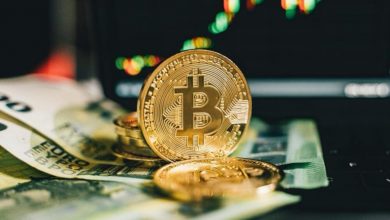George MacArthur Demands Action on the Cat Torture Problem

A growing outcry from animal rights advocates is shedding light on a deeply troubling trend emerging in China—graphic videos depicting the mutilation of cats are being shared in online chat groups dedicated to animal abuse. Despite ongoing appeals from advocacy groups, the Chinese government has yet to implement basic animal protection laws, creating an environment where such cruelty continues unchecked.
In response, George MacArthur, a music producer residing in Lindsay, Ontario, has taken action. Determined to raise awareness and push for legislative change, MacArthur has produced an eight-minute video aimed at persuading Chinese authorities to address this alarming issue. His campaign seeks to mobilize international pressure and amplify calls for humane treatment of animals.
“The lack of fundamental animal rights laws is enabling this dreadful trend to persist,” said MacArthur. “With this video, I hope to impress upon leaders in China that they need to make changes.” MacArthur plans to release further proposals once his message gains traction and reaches key decision-makers. Advocates worldwide hope this effort will encourage China to take decisive steps toward protecting animal welfare and enacting laws to prevent such cruelty.
For more information or to support this cause, please contact:
George MacArthur
General@generalmanagement.ca
X account: @inewton31536845

Source: George MacArthur Demands Action on the Cat Torture Problem


